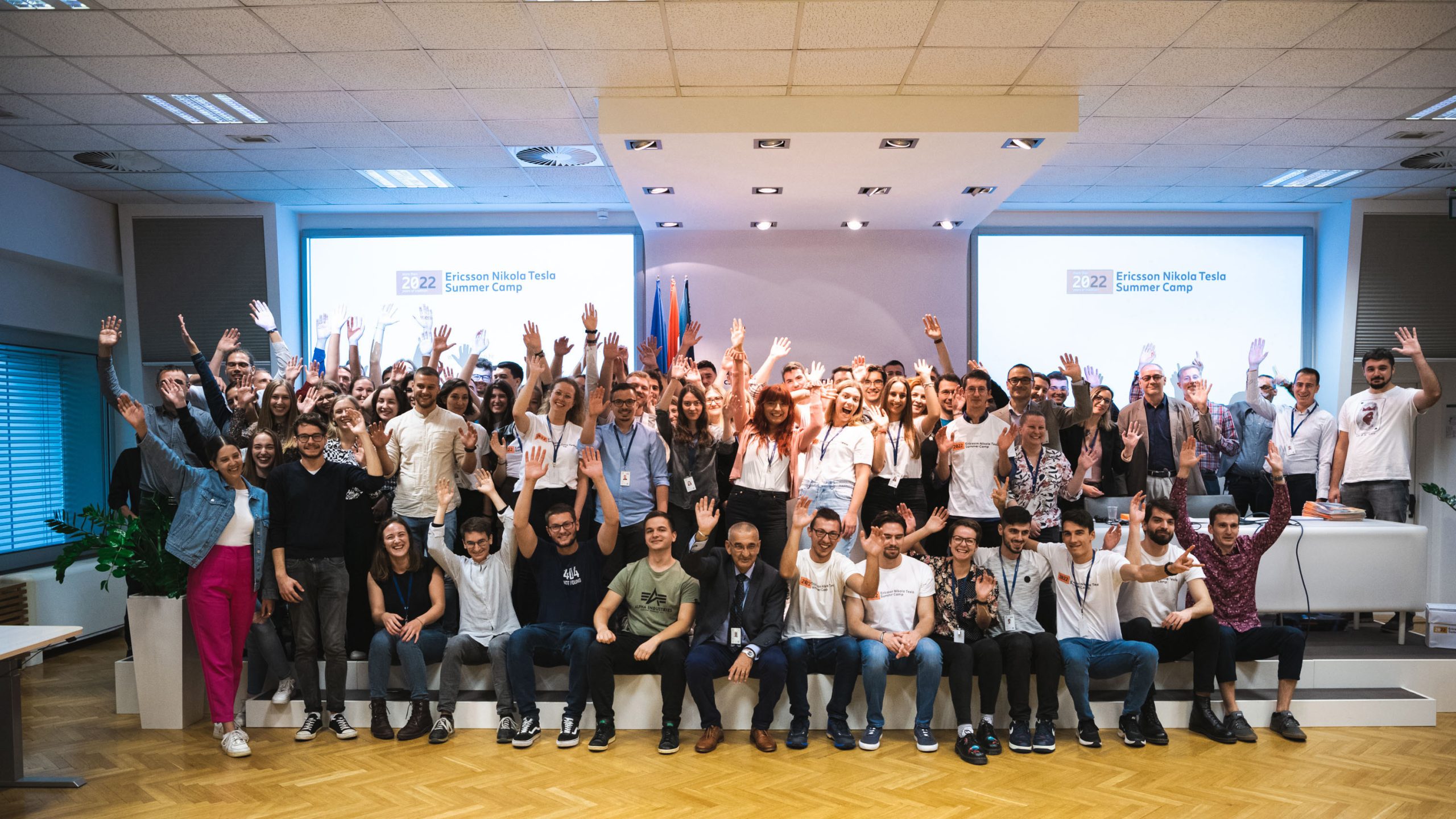The Digital Skills Indicator (DSI) is published every two years and provides information on the basic digital skills of the EU population on a broad basis of data. He is therefore particularly important for Austria, said Florian Tursky, Secretary of State for Digitalisation and Telecommunications: “The DSI shows where we need to improve and is an important basis for targeted actions to promote digital skills.”
Basic digital skills and their measurement
The current version of the DSI is based on the 2021 European survey on ICT usage in households.
Digital skills were measured in accordance with the European DigComp model, consisting of the following five areas of competence: Information and data, communication and collaboration, creation of digital content, security, problem solving. Only those individuals with at least basic digital skills in all five areas are attested to a basic level of digital competence.
Results for Austria: Highlights and fields of development
Austria scores above average for the overall indicator compared to the EU27: Around 63 % of the population aged 16-74 have at least basic digital skills, compared to 54 % in the EU average. However, Austria’s gap with the top performers in Finland and the Netherlands is quite high at 79 %. The Austrian population has the highest level of skills in the field of communication and cooperation. On the other hand, in the areas of ‘creation of digital content’ and ‘security’, there is the greatest need for the Austrian population to catch up.
The current analysis report ‘Digital skills in Austria and the European Union’ has been produced by STATISTIK AUSTRIA and is available on digitalaustria.gv.at. The analysis report is also available in English, as is a executive summary in English.
Influences on competence levels
Various socio-demographic variables have links to skills levels, with the highest level of educational attainment: While some 40 % of people with compulsory education have basic digital skills, this is 81 % for those with Matura. The link between the level of competence and the age group is also clear: in the cohort of 55-64 year-olds, only 53 % have basic digital skills, compared to 35 % in the cohort of 65-74 year-olds. In addition, there appears to be a clear link with the activity status that persons in education or work perform much better on average than non-employed persons.
Gender or degree of urbanisation have a lower impact on digital literacy levels. There is a clear gender gap only for the oldest age cohort aged 65-74 (here men perform better on average than women). And people living in cities have 71 % basic digital skills, compared to 59 % in rural areas.
The Digital Skills Offensive for Austria
Austria’s digital skills development programme – the Digital Skills Offensive for Austria – sets out various measures to develop digital skills.
Around 3500 ‘Digital Overall’ workshops across Austria provide basic digital skills and the ‘Digital Überall Plus’ offer offers targeted opportunities for further development. These offers also take place in small municipalities throughout Austria, provide low-threshold access and are complemented by targeted group-specific offers (e.g. for senior citizens). For example, the programme aims to ensure that, by 2030, all people in Austria have basic digital skills.
© freepik.com, pressfoto
Saznaj više
-
Digitalna tehnologija / specijalizacija:
Digitalne vještine
-
Razina digitalnih vještina:
Osnovno
Srednja
-
Geografski opseg - Država:
Austrija
-
Vrsta inicijative:
Međunarodna inicijativa



